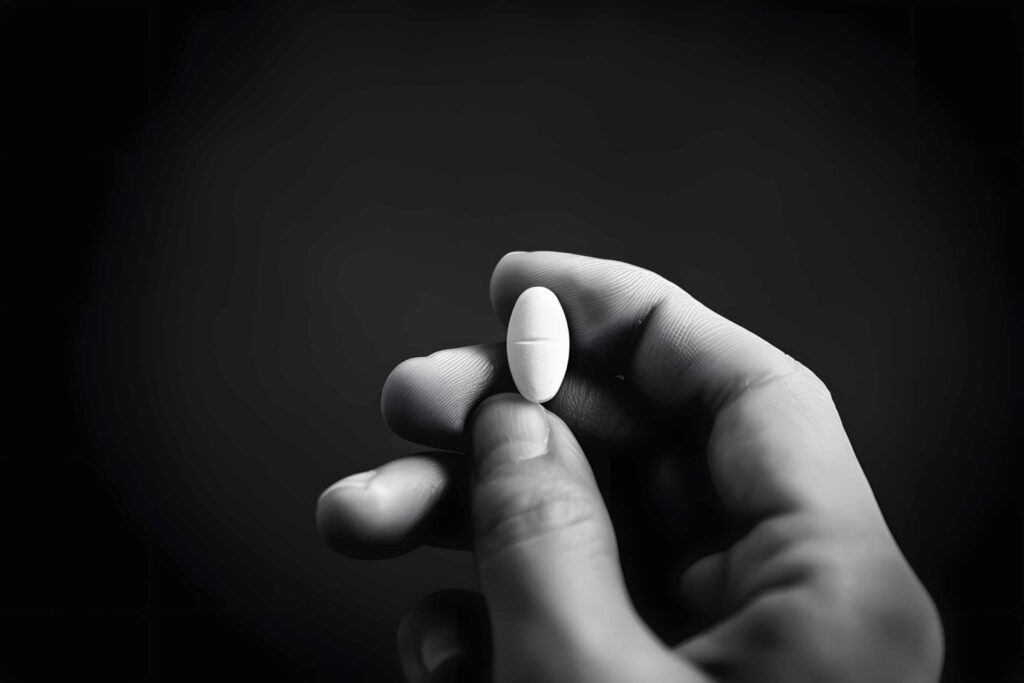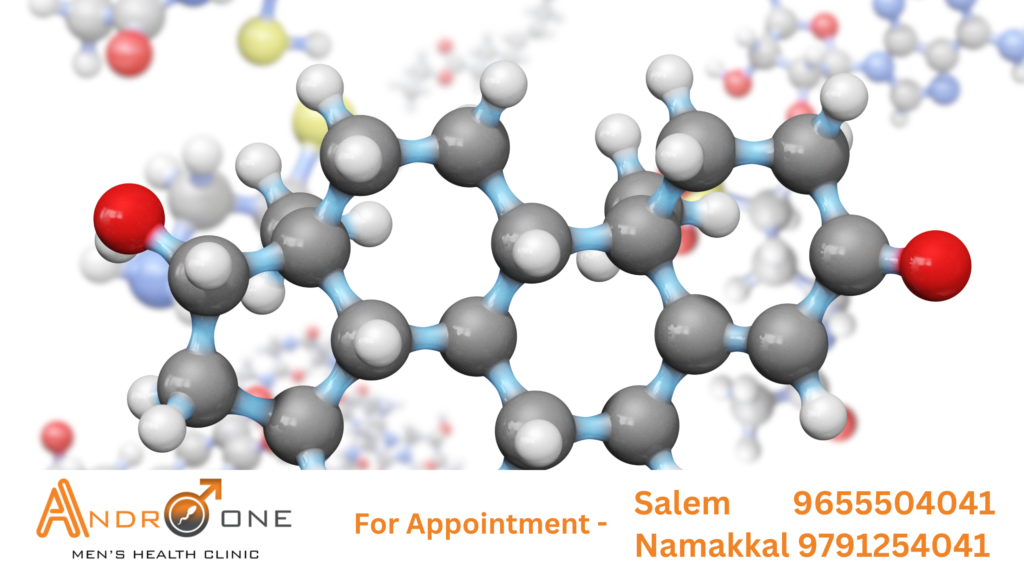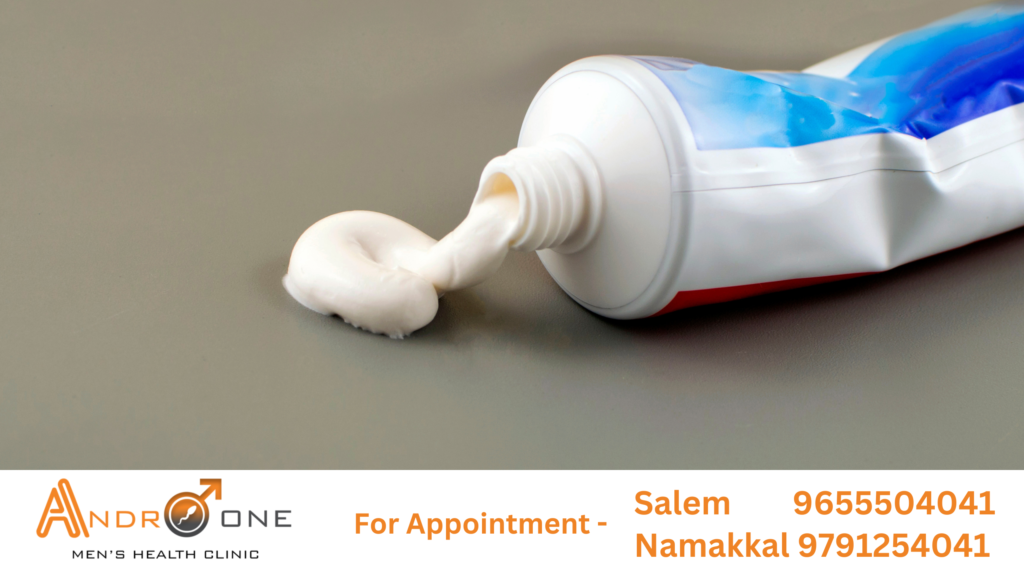What is Andrology? Key to Male Reproductive Health
What is Andrology? Andrology is a medical field that deals with men’s health, especially problems related to reproduction and sex. It addresses issues like infertility, erectile dysfunction, and hormone imbalances. It also treats conditions affecting the testes, prostate, and other male reproductive organs. Andrology aims to improve sexual function and overall health. Specialists in andrology help with medical treatments, lifestyle changes, and sometimes surgery. The scope of andrology in medical science Andrology is a medical field that deals with men’s reproductive and sexual health. It focuses on diagnosing and treating problems with male reproductive organs like the testes and prostate, as well as issues like sexual dysfunction and hormone imbalances. This includes dealing with infertility, erectile dysfunction, and low testosterone. Andrology involves medical treatments, lifestyle changes, and sometimes surgery. It also connects with urology and endocrinology to provide a full approach to men’s health. The goal is to improve quality of life and solve health issues affecting men. Erectile Dysfunction Erectile dysfunction (ED) means having trouble getting or keeping an erection. Causes can be physical problems like heart disease or diabetes, or mental issues like stress or anxiety. Symptoms include difficulties with erections during sex. Treatments might include eating healthier, exercising more, using medicines like Viagra, or therapy for stress. Sometimes, medical procedures or injections are needed. A doctor can help figure out what’s causing the problem and suggest the best treatment. Hypogonadism Hypogonadism symptoms are low sex drive, trouble with erections, tiredness, muscle loss, and mood swings. It can be caused by problems with the testes or pituitary gland. Treatment includes hormone therapy with injections or gels to raise testosterone levels. Eating better and exercising can also help. Sometimes, fixing other health issues or taking medicine to increase hormone levels may be needed. A doctor can help with diagnosis and treatment. Prostatitis Prostatitis is when the prostate gland gets inflamed and can be caused by different things: acute bacterial, chronic bacterial, chronic pelvic pain syndrome, and asymptomatic inflammatory prostatitis. Symptoms include pain in the pelvic area, needing to urinate often, painful urination, and flu-like symptoms for bacterial types. Doctors diagnose it with a physical exam, urine tests, and sometimes imaging or tests of prostate fluid. Treatment depends on the cause and may include antibiotics, pain relief medicine, drinking more fluids, and avoiding irritants. For long-term cases, physical therapy or other treatments may be needed. The Role of Andrologists Andrologists are doctors who specialize in men’s reproductive and sexual health. They treat problems like infertility, erectile dysfunction, and hormone issues. They perform physical exams, order tests, and create treatment plans. They may prescribe medicines, suggest lifestyle changes, or do surgeries. Andrologists also offer counseling for sexual health concerns. They work closely with patients to improve their health and quality of life. Educational path to becoming an andrologist To become an andrologist, you first need a medical degree (MD or DO). Then, you complete a residency in urology or internal medicine. After that, you can do a fellowship in andrology, which focuses on men’s reproductive and sexual health. Andrologists can focus on areas like treating infertility, sexual problems, hormone issues, and urological surgeries. They might also specialize in reproductive endocrinology, male infertility, or sexual medicine. Keeping up with new treatments and technologies is important for their ongoing learning and training. How to choose the right andrologist Consult an andrologist if you have ongoing issues like trouble getting an erection, low sex drive, or difficulty getting pregnant. If you’re also feeling tired, having mood swings, or noticing changes in sexual health, specialist help may be needed. Choose an andrologist who has special training in men’s health and good reviews. Make sure they have experience with your problem and a treatment plan you agree with. It’s important to feel comfortable with the doctor. You can also ask your primary care doctor for recommendations. Medication When surgery is necessary Medication is important in healthcare because it helps manage and treat different health issues. Pain relievers, antibiotics, and drugs for chronic conditions like diabetes and high blood pressure make life better and longer. These medicines work by targeting specific areas in the body to ease symptoms, fight infections, or fix imbalances. Creating new medications involves careful research and testing to ensure they are safe and effective. Surgery in andrology might be needed if other treatments don’t work. It’s used for severe erectile dysfunction when pills or lifestyle changes aren’t effective. Surgery can also help with fertility problems, like varicocelectomy, which fixes swollen veins that affect sperm. A vasectomy is a permanent method for birth control if other options aren’t suitable. Penile implants might be used for long-term erectile dysfunction. Surgery is usually considered after a thorough check-up and discussion with a doctor to make sure it’s the best option.






















